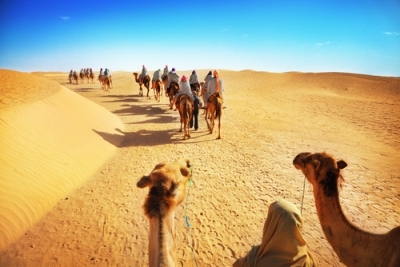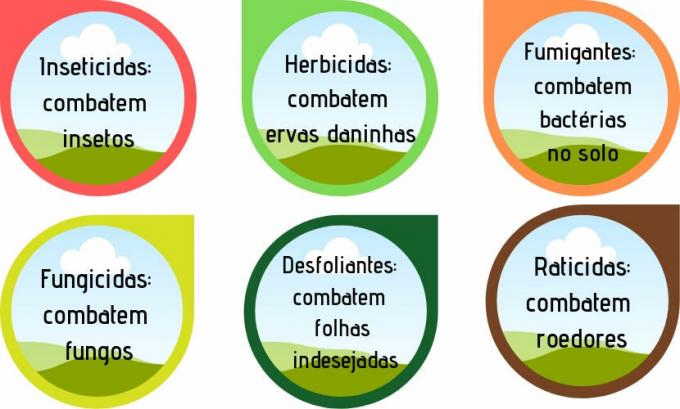On May 29th, the geographer's day. The professional trained in Geography is responsible for studying, analyzing and understanding the logic of production and transformation of humanized space, as well as its relationship with the natural environment. Thus, the relevance of the geographer is to approach the interaction between nature and society.
Those who intend to pursue a career in this area may opt for a bachelor's degree and a bachelor's degree. Graduates will be able to teach Geography classes in elementary and high school, needing specialization, master's and/or doctorate to teach at a higher level. On the other hand, graduates, after graduating, must join the CREA (Regional Council of Engineering and Agronomy), working through technical advice in various fields, such as urban planning, study of socio-environmental impacts, containment of erosion problems, among other important merits.
Although the salaries of technical geographers are, on average, higher, in the field of teaching degrees there is a greater number of places available, and there are also good salaries in some schools.
The importance of the Geographer's work in society lies in its level of coverage. Geographical science intersects with countless other fields of knowledge, such as urbanism, economics, sociology, biology, among countless other areas. This is because it is a horizontal science, that is, its differential is not in understanding a subject specific, but approach the most diverse knowledge from its own category, from which the space geographical.
It is necessary, however, to dispel some myths regarding Geography. The first is that this science studies the capitals, flags and names of currencies of countries, and it is the duty of the professor in the area to know them all by heart. This is not true, so much so that such a concept is not even provided for in the course's curriculum.
The most important thing for the geographer is to understand the socio-spatial manifestations, in order to undertake a study on how the techniques, human actions and the behavior of space, territories, regions, landscapes and places change over time. time.
Among the main areas of Geography, we can mention:
urban geography: studies the social and natural relationships in the space of cities, analyzing the processes of production and transformation of places, landscapes and urban regions.
Do not stop now... There's more after the advertising ;)
Agrarian Geography: carries out studies on production in rural areas, involving humanized spaces and natural conditions favorable to the undertaking of agricultural and livestock techniques in the agrarian environment.
Geopolitics: involves the study of the behavior and action of the State in relation to the domain and power of territories.
Demography: carries out studies on population dynamics, involving growth balances and migration rates and vectors at local and global levels.
Economic geography: comprises the transformations in space exerted by economic activities, such as agriculture, industrialization and commerce.
cultural geography: covers the different forms of culture, including their spatial distributions and the way they modify and are modified by the environment.
geography of religion: discusses the transformations of the religious world on the geographic environment, its technical transformations, the relationships between the sacred space and the profane space, in addition to the distribution of temples and practices related to different religions.
Tourism (or Geotourism): comprises the population vectors of tourist destinations and their economic, natural and social relationships.
Geomorphology: studies the landforms and surface dynamics of the Earth, being in constant harmony with Geology.
Climatology: involves studies on the atmosphere and its transformations over time.
Hydrography / hydrology: studies the dynamics and availability of water courses and drainage basins.
biogeography: studies the dynamics of transformations caused by living beings, with emphasis on the study of morphoclimatic domains.
Cartography: works on the preparation of thematic maps and their technical treatment, also involving Geoprocessing and Geographic Information Systems.
By Rodolfo Alves Pena
Graduated in Geography



